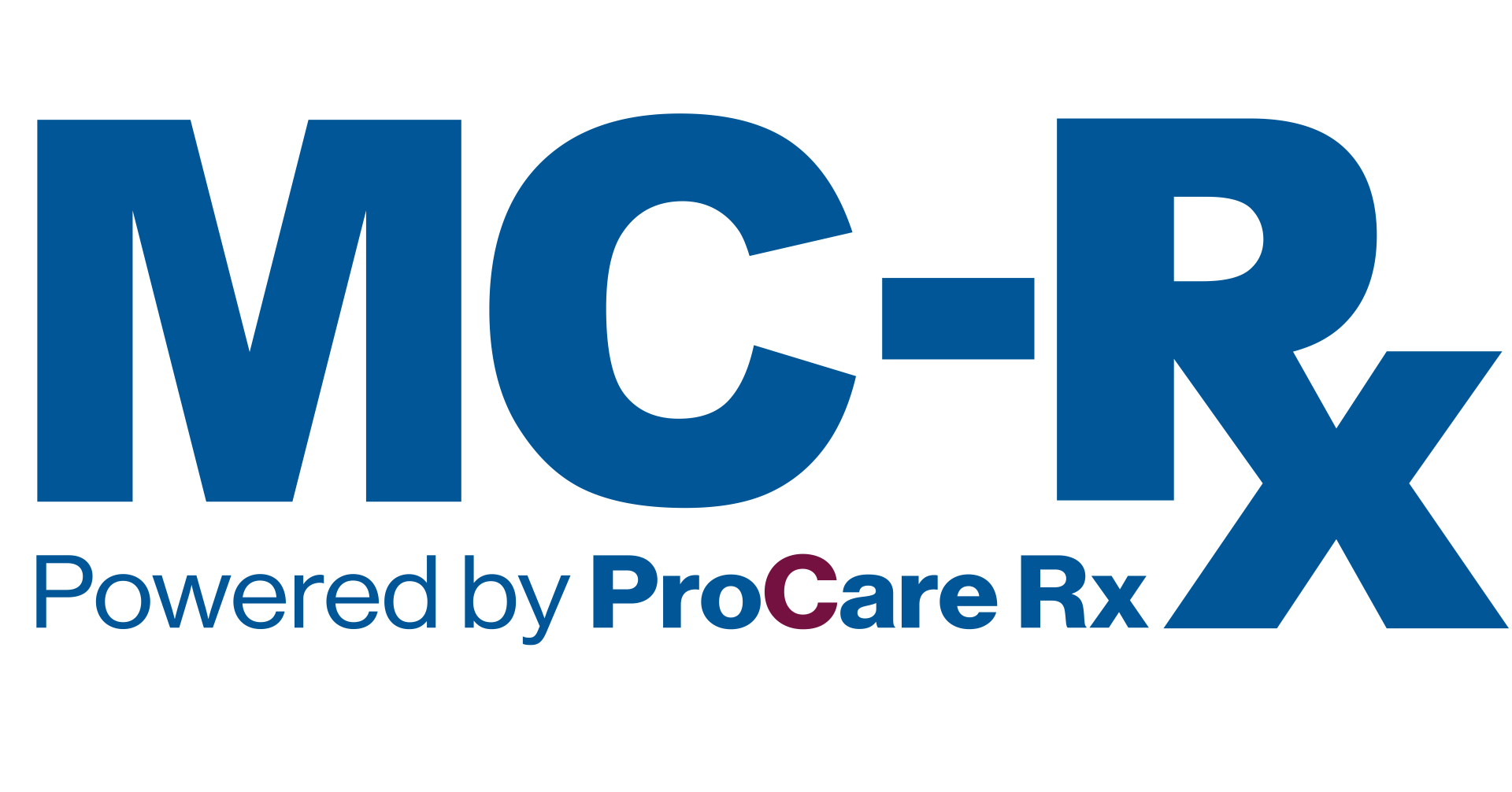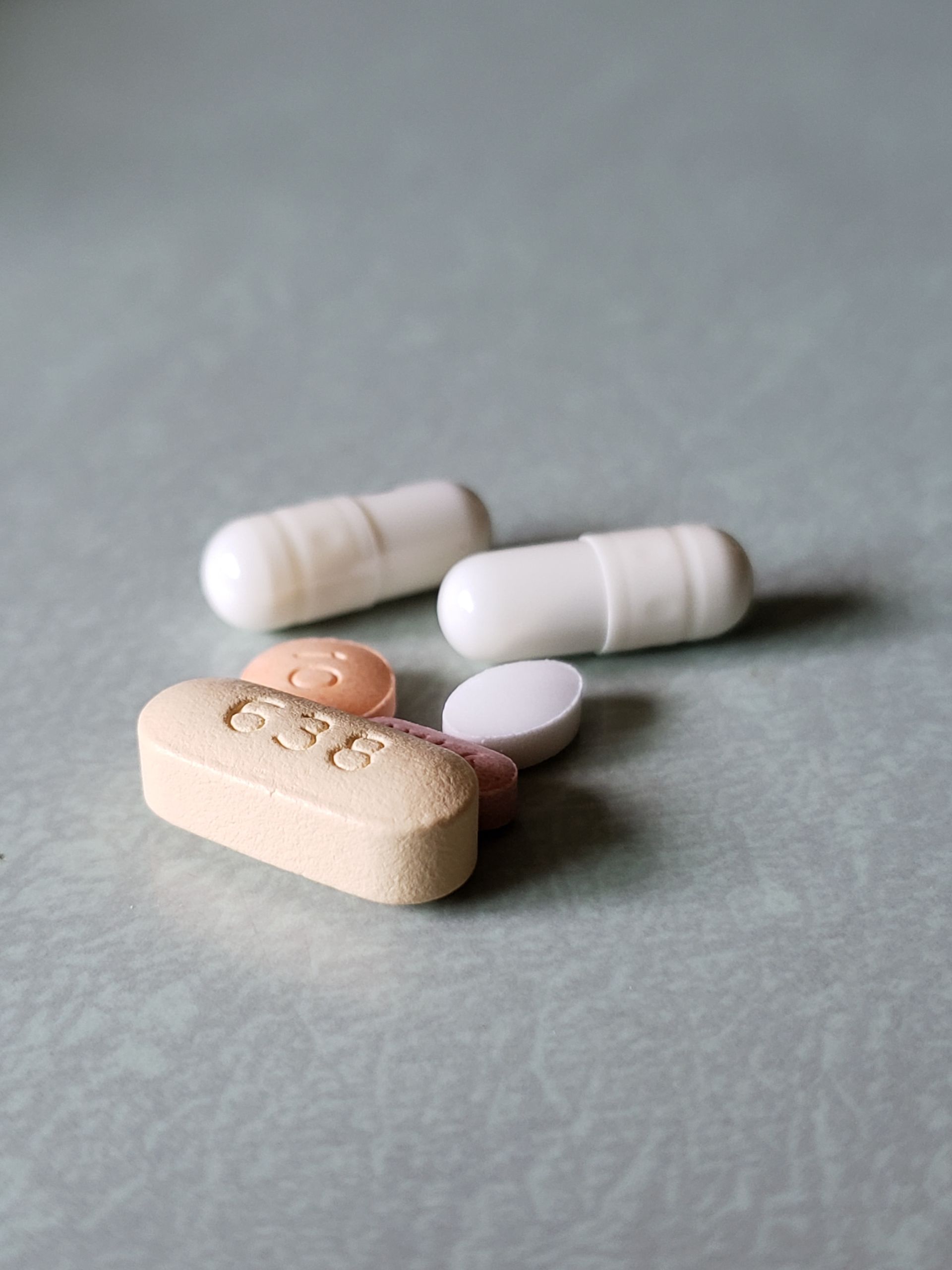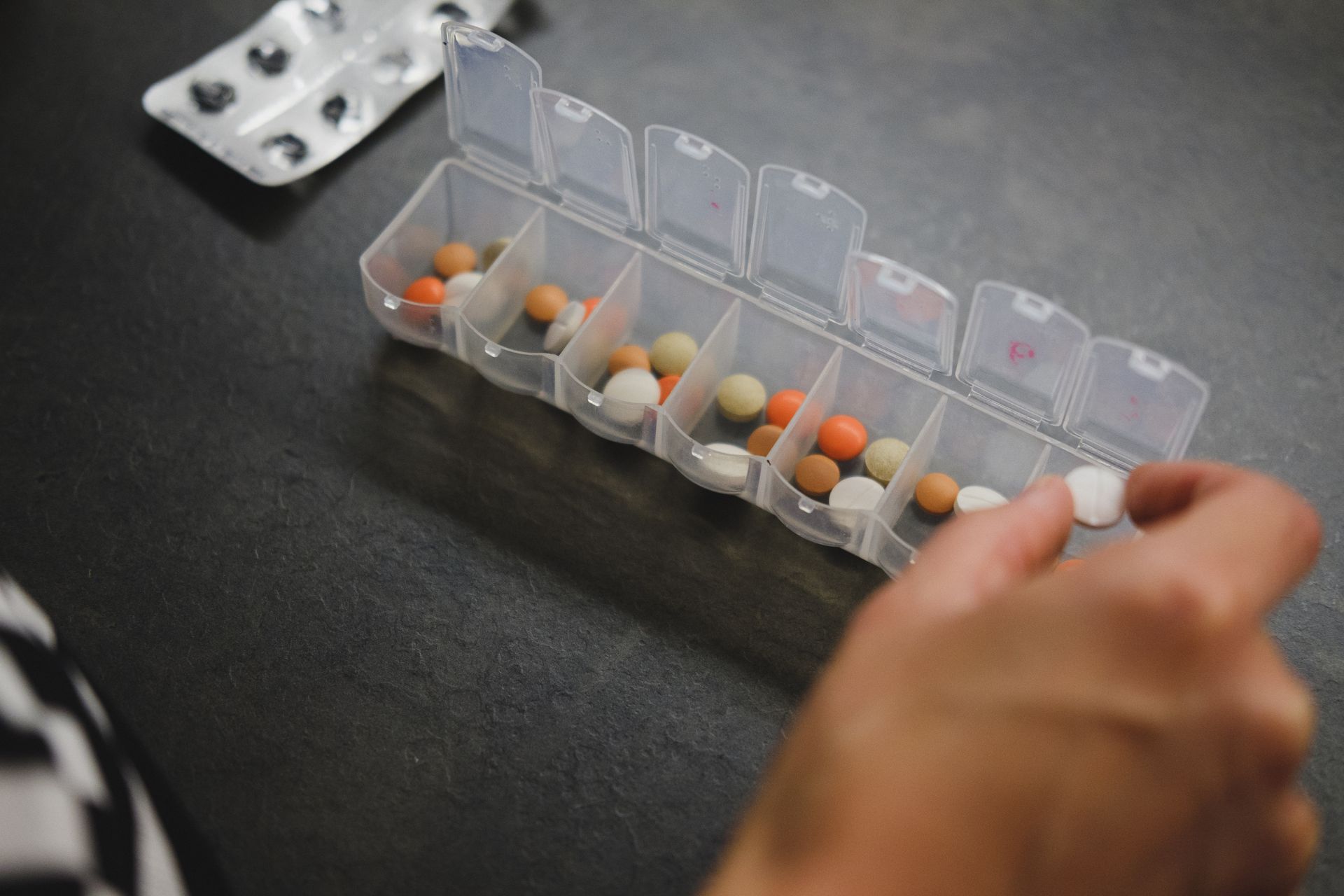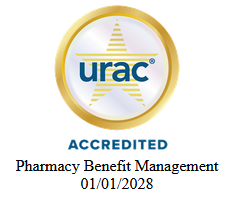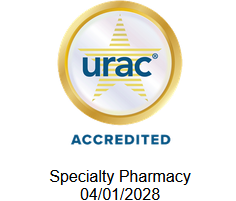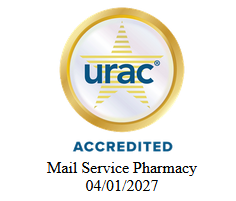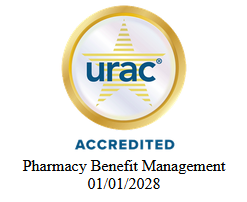Use of ASA for the Prevention of CVD
Aspirin for the primary prevention of heart disease – is it safe?

Heart and blood vessel disease, also known as cardiovascular disease (CVD), causes thousands of deaths in the United States each year.5 Examples of the consequences of CVD include heart attacks and stroke. Thus, finding ways to reduce the chances of patients having these diseases is important for healthcare providers. Exercise and eating healthy can help maintain a healthy heart, however, when the risk of heart problems is too high, providers may prescribe medication to help prevent them. Often, many providers suggest aspirin for this purpose. Aspirin protects the heart and blood vessels by stopping the formation of blood clots. Because of this, it can be used either for primary or secondary prevention of CVD.2,4
- Primary Prevention = Prevention in people without signs, symptoms, or history of heart problems, but at risk of having a heart disease.
- Secondary Prevention = Prevention in people who have suffered a heart disease.
The use of aspirin for primary prevention of CVD has been questioned by recent studies. For this reason, new recommendations have been developed.4 Through this article, current recommendations and precautions with aspirin use will be discussed.
Health groups often study the scientific evidence for a specific topic and give medical advice to healthcare providers. This advice helps caregivers treat their patients in the best way possible. One of these groups is the U.S. Preventive Services Task Force (USPSTF), composed of experts in disease prevention. This group of experts has provided new recommendations for the use of aspirin to prevent heart problems.6 The new recommendations were published on April 2022 and consist of important updates to the 2016 version. Their past and current recommendations for the prevention of heart disease are found in the next table.

Based on these updated recommendations, providers should only prescribe aspirin for CVD prevention to patients aged 40 to 59 years. Patients should also be at high risk of having heart problems to be considered. However, not all patients may qualify for aspirin use, as some may be at high risk of bleeding.4 Thus the USPSTF now recommends each case be assessed one by one. When doing so, healthcare providers should focus on the individual traits of each patient. Even so, predicting which patients may benefit from aspirin use is not an easy task. Therefore, these new recommendations guide the providers on the criteria they should review when prescribing aspirin to prevent heart disease.
Consider the following case: “John is a 55-year-old male that works at the post office. He likes to take Sunday walks, he does not smoke, and he has a history of diabetes. Overall, he has been very healthy. However, his recent cholesterol levels were high and he is starting to worry about future heart problems when he gets older.” The provider may go through the following steps to evaluate this case.
- Age: the patient has an age where aspirin can be recommended for primary prevention of heart disease.
- CVD risk: the patient’s history of diabetes and high cholesterol put him at risk of CVD.
- Bleeding risk: the patient does not seem to have factors that could increase his bleeding risk. For example, older age, high blood pressure, or stomach ulcers.
- Recommendation: the provider may decide to initiate aspirin in this patient as the benefits appear to be greater than the risks.
In conclusion, aspirin is beneficial to heart health because it may prevent the formation of blood clots. By doing so, aspirin reduces the risk of heart and blood vessel problems. However, the risks of bleeding due to its use may be greater than the possible benefits.1,3 For this reason, recommendations now focus on evaluating each patient on a one-by-one basis. Thus, one should only use aspirin if a healthcare provider assures it is safe to do so. However, its use in adults aged 60 years or older should be avoided. Lifestyle choices can always be made to reduce the risk of having a heart disease (examples include eating healthy and exercising). Even so, you may be taking aspirin or thinking about the need to do so. Whichever the case, you should always ask your medical provider before making decisions that can affect your wellbeing.
At MC-Rx, our commitment to health is paramount. Our purpose is to maintain a healthy and informed community with the most up-to-date recommendations.
References
- Berger JS. Aspirin for Primary Prevention—Time to Rethink Our Approach. JAMA Network Open. 2022 Apr 26;5(4):e2210144.
- Berger JS, Brown DL, Becker RC. Low-Dose Aspirin in Patients with Stable Cardiovascular Disease: A Meta-analysis. The American Journal of Medicine. Elsevier; 2008 Jan 1;121(1):43–49.
- Cofer LB, Barrett TJ, Berger JS. Aspirin for the Primary Prevention of Cardiovascular Disease: Time for a Platelet-Guided Approach. Arteriosclerosis, Thrombosis, and Vascular Biology. American Heart Association; 2022 Oct;42(10):1207–1216.
- Guirguis-Blake JM, Evans CV, Perdue LA, Bean SI, Senger CA. Aspirin Use to Prevent Cardiovascular Disease and Colorectal Cancer: Updated Evidence Report and Systematic Review for the US Preventive Services Task Force. JAMA. 2022 Apr 26;327(16):1585–1597.
- Tsao CW, Aday AW, Almarzooq ZI, Anderson CAM, Arora P, Avery CL, Baker-Smith CM, Beaton AZ, Boehme AK, Buxton AE, Commodore-Mensah Y, Elkind MSV, Evenson KR, Eze-Nliam C, Fugar S, Generoso G, Heard DG, Hiremath S, Ho JE, Kalani R, Kazi DS, Ko D, Levine DA, Liu J, Ma J, Magnani JW, Michos ED, Mussolino ME, Navaneethan SD, Parikh NI, Poudel R, Rezk-Hanna M, Roth GA, Shah NS, St-Onge MP, Thacker EL, Virani SS, Voeks JH, Wang NY, Wong ND, Wong SS, Yaffe K, Martin SS, null null. Heart Disease and Stroke Statistics—2023 Update: A Report From the American Heart Association. Circulation. American Heart Association; 2023 Feb 21;147(8):e93–e621.
- US Preventive Services Task Force, Davidson KW, Barry MJ, Mangione CM, Cabana M, Chelmow D, Coker TR, Davis EM, Donahue KE, Jaén CR, Krist AH, Kubik M, Li L, Ogedegbe G, Pbert L, Ruiz JM, Stevermer J, Tseng CW, Wong JB. Aspirin Use to Prevent Cardiovascular Disease: US Preventive Services Task Force Recommendation Statement. JAMA. 2022 Apr 26;327(16):1577.



